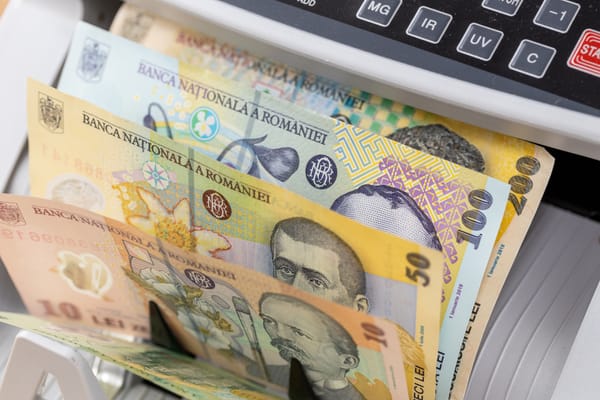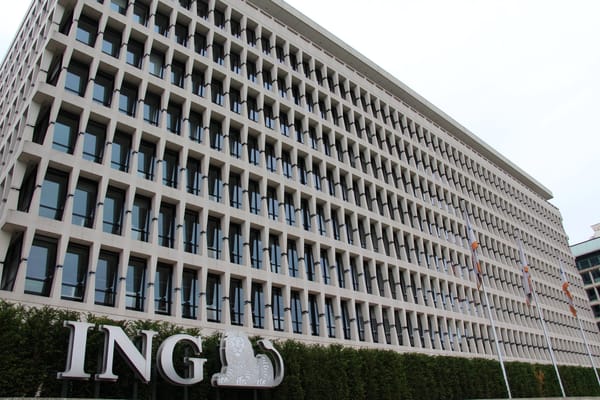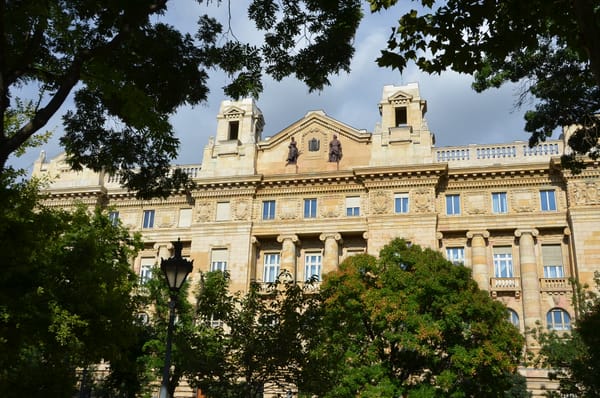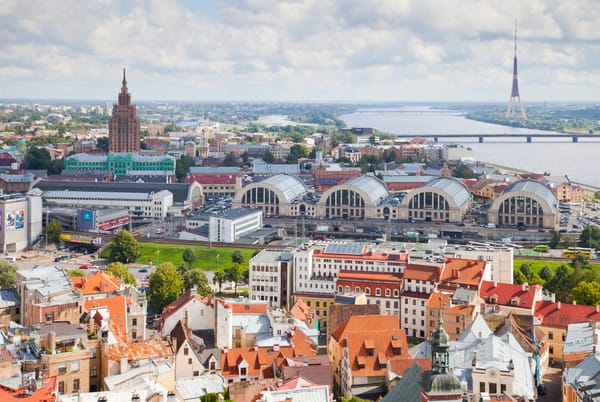
Regional inflation: still standing out above the European line
Inflationary pressures are easing, but the pace of price growth remains fast in the countries of Central and Eastern Europe.
A collection of 20 posts

Inflationary pressures are easing, but the pace of price growth remains fast in the countries of Central and Eastern Europe.

Romania is projected to see modest growth and a gradual narrowing of the budget deficit over the next three years.

Central and Eastern Europe (CEE) economies have largely overcome the so-called middle-income trap, but face challenges around sustainable growth and convergence with Western European living standards, Dutch multinational banking and financial services corporation ING bank found in a study that looked at key development trends in Poland, Hungary, Czechia, Romania

Romania reported the highest inflation rate in May, of 5.8%, driven by significant increases in housing and utilities prices, according to the latest data from the EU’s official statistics agency Eurostat. Croatia experienced the second highest inflation in Central and Eastern Europe (CEE), of 4.3%, driven primarily

Czechia’s rate of inflation was 10.7% last year, down from 15.1% in 2022, but still representing the country’s second-highest annual inflation rate since the creation of the independent Czechia in 1993, according to data from the Czech Statistical Office (CZSO) published on Thursday 11 January. The

Hungary remained the EU’s most inflationary economy with an annual rate of 9.6% in October, an EU statistics office Eurostat report released Friday 17, November revealed. On the upside, this was the first time Hungary’s inflation rate had fallen to single digits since April 2022. The EU’

The National Bank of Romania (BNR) revised upward, to 7.5% its inflation prognosis for the end of this year on Wednesday, 9 August. According to the data presented by the central bank’s governor Mugur Isarescu, inflation will be 4.4% at the end of 2024. Presenting the Quarterly

The purchasing power of salaries in Hungary is falling due to record-high inflation, local business outlet Portfolio reported, citing the “devastating picture of consumption” in recent data from the Hungarian Statistics Office (KSH). At the beginning of 2023, the purchasing power of earnings fell 7-8% in Hungary, after wage increases

The average net salary in Romania was RON 4,254 (EUR 864) in January 2023, up 15% year-on-year, but down RON 144, or 3.3%, month-on-month, according to data published by the National Institute of Statistics (INS) on Wednesday 15 March, digi24.ro reported. However Romanians will not generally be

Hungarian National Bank (MNB) Governor Gyorgy Matolcsy has once again harshly criticised Hungarian Prime Minister Viktor Orban’s economic policy, business website Portfolio reported. Speaking about the MNB’s 2021 results in Parliament on Wednesday 9 March, Matolcsy said if inflation is due to external causes, then the central bank

The three Baltic countries are the worst hit by the wave of inflation in Europe, according to the latest flash estimate from the EU’s official statistics agency Eurostat. Latvia currently has the highest inflation in the Eurozone, as prices rose 20.7% year-on-year in December, slightly higher than in

The loan-book performance of banks in Central and Eastern Europe (CEE) is set to worsen as interest rate hikes take their toll on the loan repayment capacity of borrowers, according to a report released by Moody’s on Thursday. The credit rating agency notes that although CEE region’s inflation

The EU annual inflation rate rose from 8.8% to 9.6% in June, the bloc’s official statistics agency Eurostat reports. The inflation rate in June last year was 2.2%. Inflation was highest in Central and Eastern Europe (CEE), and in the three Baltic countries in particular, with

Inflation is endangering EU-funded infrastructure constructions across Central and Eastern Europe (CEE), and affected countries say the European Commission (EC) is not reacting fast enough. The EU’s structural investment scheme – which is widely distributed around CEE in seven-year cycles – has been hit hard by inflation, and the soaring prices

Inflation was highest in Estonia amongst the Eurozone countries in May, according to a Eurostat report that estimated 20.1% year-on-year for the Baltic country. Inflation climbed from 11.6% in Estonia in February, up from 14.8% in March and 19.1% in April. As numbers diverged wildly across